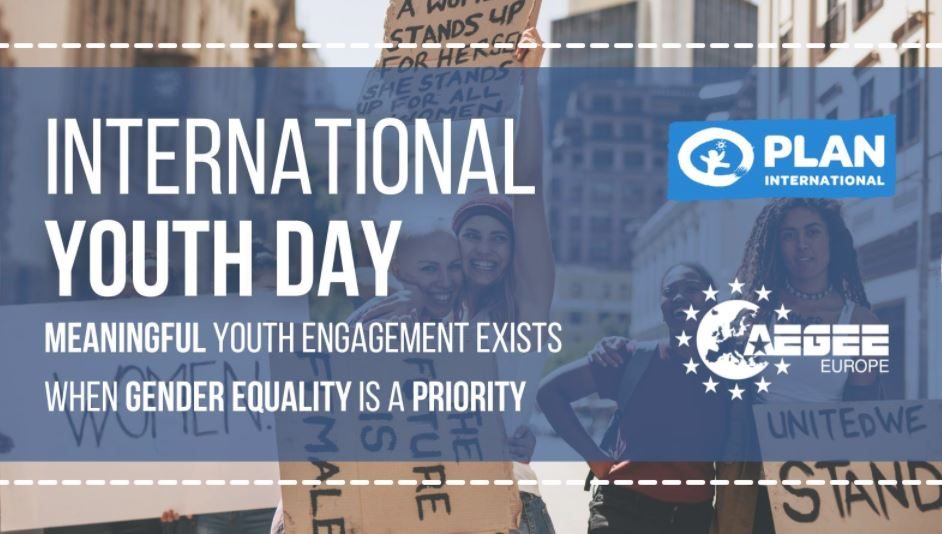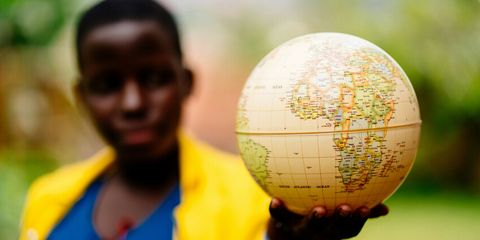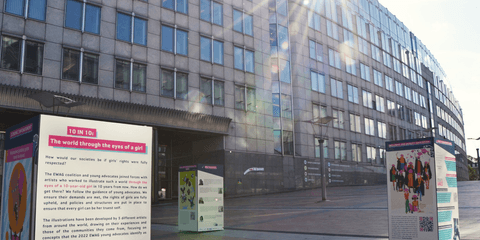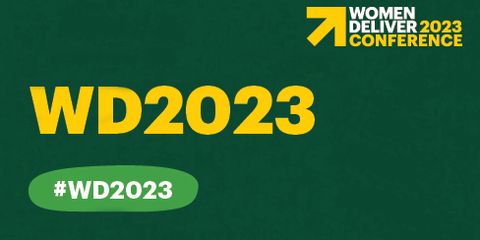Young people ask: will we ever live in a society where gender equality is a reality?
Research shows 2120 is the year of gender equality. Waiting 100 years is not an option!
12 August 2021
Recent research published by the World Economic Forum in 2020 estimates that we are 100 years away from globally achieving gender equality. We cannot wait that long and need to act now, with young people making the decisions that matter. This is why AEGEE-Europe and Plan International EU Office joined forces, and are launching a newsletter about youth engagement in decision-making and gender equality.
Youth is a frequent topic of discussion. We often hear worldwide governments talking about young people as leaders of the future and key actors of our societies. The question is: how often are young people actually involved in shaping our societies? Or, without even going that far, how often are young people involved in the decisions affecting them directly? It is for this reason that AEGEE-Europe and Plan International EU Office welcome the efforts that EU institutions are making to meaningfully engage with young people. The EU is having an increased focus on youth – the Directorate-General International Partnerships launched in July the Youth Sounding Board (YSB), a panel of young experts that will influence the EU’s external action through its international partnerships, and the EU Youth Action Plan is expected to be published in 2022. But, for this engagement to be truly meaningful and inclusive, the EU needs to put gender equality at the heart of its youth-focused work.
Why a focus on gender equality?
Young people should all be put in an equal position to actively engage with decision-makers. However, unfortunately, this is often not the case. Globally, girls and young women are disproportionately affected by gender-based violence (GBV) and harmful practices such as forced marriage and female genital mutilation (FGM). Girls, young women and young people in all their diversity often face gender-related discrimination that prevents their active participation in decision-making. Therefore, we need systematic change that tackles the root causes of gender inequality, in particular unequal gender power relations, and discriminatory social norms and systems, structures, policies and practices. This refers to a gender transformative approach that can be applied to any kind of programme, project or activity. This approach questions and challenges gender norms and takes into consideration diversity and intersectionality, while strengthening girls’ and young women’s agency and supporting boys, young men and men to embrace positive masculinity and to promote gender equality. If the EU adopts this approach in its work, especially in its external action, young people from all over the world would finally have more and better opportunities to engage in policymaking. In particular, the newly established Youth Sounding Board could have a leading role in ensuring that the EU’s external action implements a gender-transformative approach.
Our organisations’ contributions
The complementary set of values and expertise of AEGEE and Plan International can support the EU’s external action, with the YSB as a key actor, to put gender equality at the core of its work. Both organisations have a wealth of experience in empowering young people, fostering their active participation in society, and in promoting gender equality. An example of this is Plan International’s Girls Get Equal global campaign on girls’ equality and its different projects on youth economic empowerment, aiming to ensure that all children and young people have the knowledge, skills and confidence they need to succeed. Other examples of this are AEGEE’s projects Genders and HerMainY, favouring the gender mainstreaming approach respectively within youth organisations and in the field of communication. Our joint newsletter will offer the chance to learn more about what we do and what we stand for.
One thing is certain: the time has come to give the “youth of today” the lead in building a society where gender equality is a reality, so that the “youth of tomorrow” will live in a more equal society.
Read the full newsletter here.
Categories: Campaigns, Early childhood development, Education


